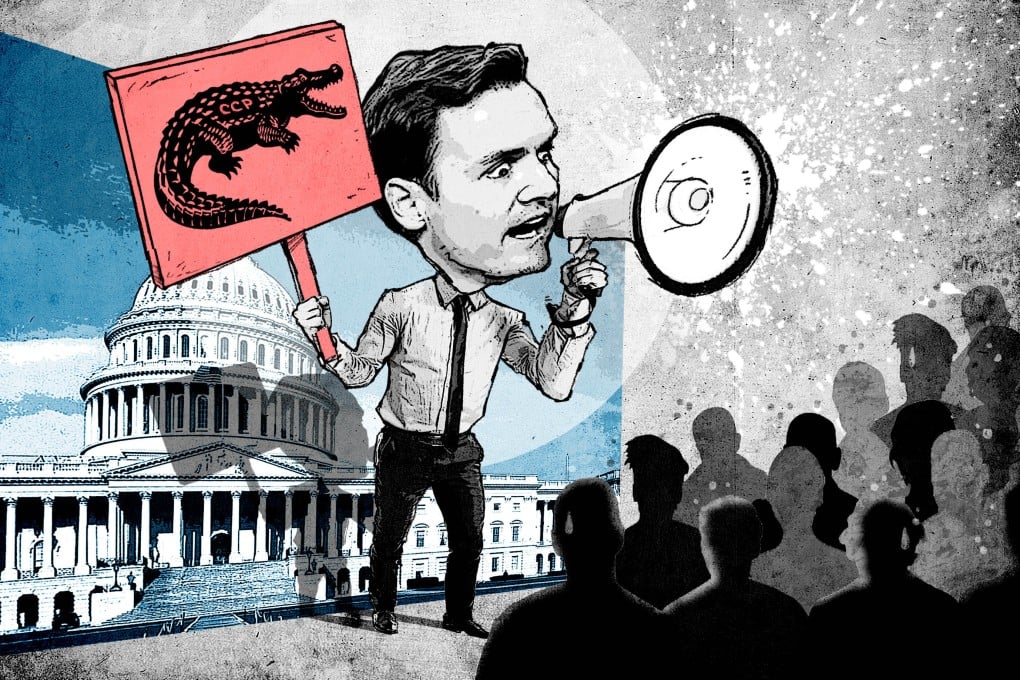US House panel targeting Chinese influence makes its mark, to mixed reviews
- The committee, which has floated ideas that would alter global economics if enacted, uses a high-decibel loudspeaker but in reality has limited power
- Panel’s chairman says the work confronts ‘an existential struggle over what life will look like in the 21st century’, but an old China hand calls him demagogue

It’s a year old, still finding its feet and making a lot of noise.
As the US House Select Committee on the Chinese Communist Party approaches its anniversary on January 10, reviews are decidedly mixed. Some have condemned the panel, questioning its accomplishments and ability to follow through, while others have offered grudging respect or full-throated praise.
One thing is certain. The committee is making its mark and, given dismal relations between the United States and the People’s Republic of China, is likely to be an enduring Washington fixture in some form.
Led by Representative Mike Gallagher, 39, a Republican China hawk from Wisconsin, the committee has been bold, singular and confrontational on issues related to its avowed adversary.

“The CCP is laser focused on its vision for the future,” Gallagher said at the committee’s first hearing in February. “We may call this a strategic competition. But it’s not a polite tennis match. This is an existential struggle over what life will look like in the 21st century, and the most fundamental freedoms are at stake.”
Gallagher, a former Marine Corps intelligence officer who served two tours in Iraq, has rebutted critics who accuse him of fanning tensions.